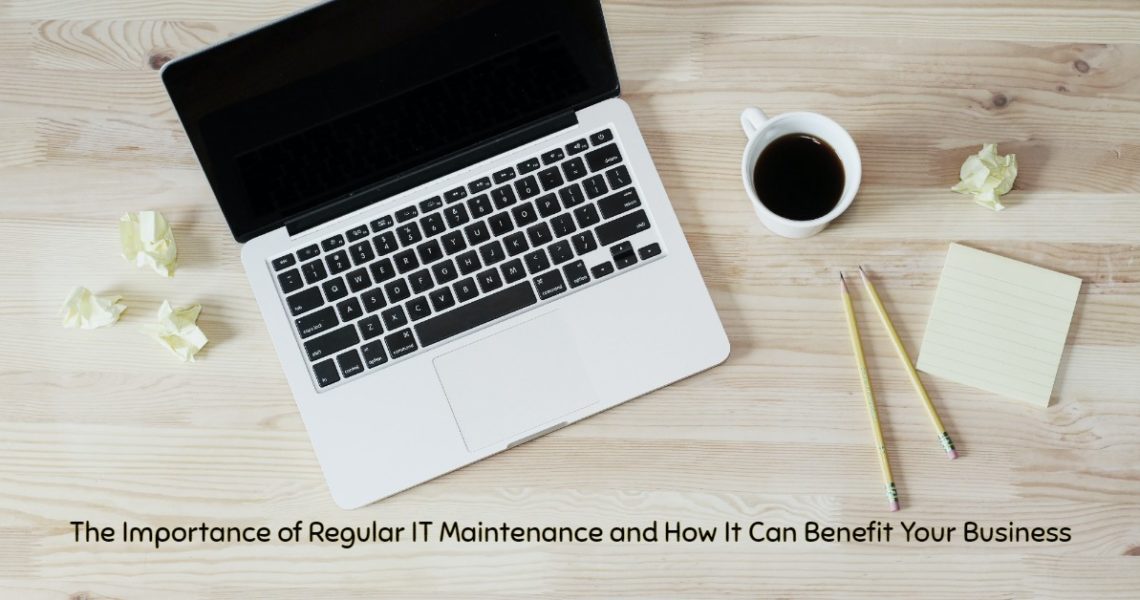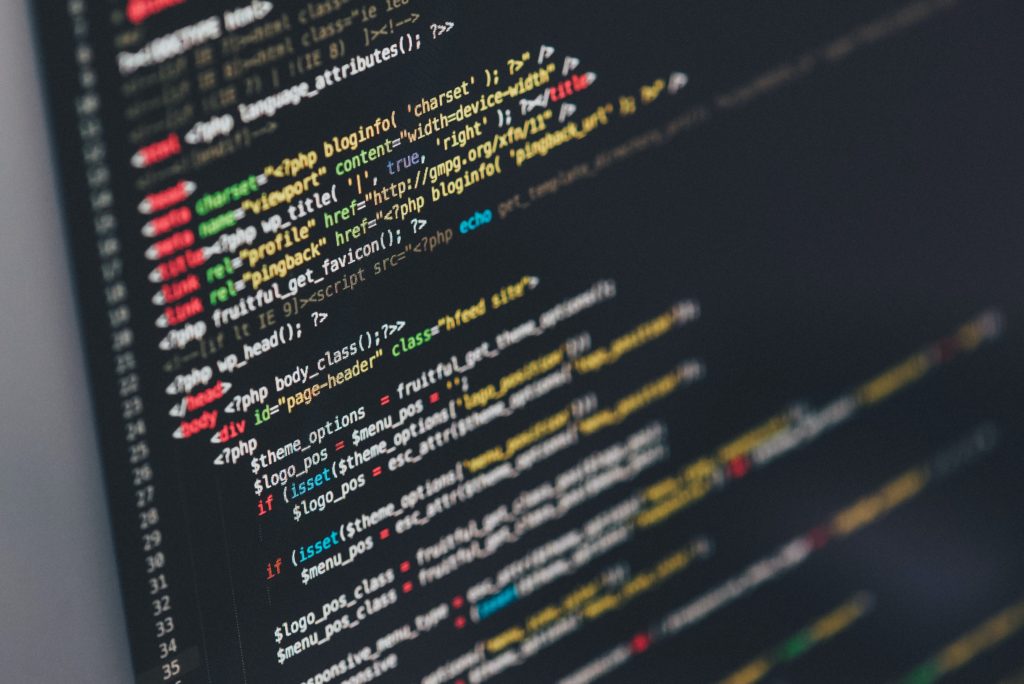
Regular IT maintenance is key to keeping any system running smoothly, and there is no exception. In today’s business world, where technology is often the backbone of operations, regular IT maintenance is more critical than ever.
In this blog, we’ll highlight the importance of regular IT maintenance and explore the benefits that it can bring to your business. From preventing system failures and data loss to improving network security, It can help ensure that your IT systems are reliable, efficient, and secure.
What is IT Maintenance Service?
Maintenance is the activity of regularly checking, repairing, or updating your IT systems, software, and hardware to ensure they continue to work properly. It includes tasks such as virus removal, system updates, and hardware replacement. It can help prevent problems from arising and can keep your IT systems running smoothly and efficiently.
Regular maintenance can improve network security by eliminating vulnerabilities that hackers may use to gain access to your systems. It can also help prevent data loss by alerting you when an older system is about to fail. It can also save you money by keeping your IT systems running properly and reducing the number of support calls you receive.
Maintenance can be done on a pay-as-you-go basis, where you pay for the services as you use them, or on a subscription basis, where you commit to a set time (such as one year) for which maintenance services are provided at no additional charge.

IT Maintenance Services: What are the Benefits?
Regular maintenance of IT systems and equipment keeps them running efficiently and reliably, ensuring the best possible performance. The benefits of these services include:
- Improving uptime and reducing downtime
Regular maintenance helps to ensure the proper functioning of systems and less disruption. If a system or device does not function as expected, it can lead to problems for businesses. This ensures that systems are ready for use whenever needed, preventing any potential issues.
- Preventing security threats
Taking regular measures to keep your IT systems secure from potential threats is vital. It can be used to detect any vulnerabilities that may be present in the system and take appropriate steps to prevent them from becoming a threat.
- Maintaining systems’ functionality
A vital part of maintaining IT systems is ensuring they are still useful and efficient. Regular maintenance can be used to identify any obsolete technologies that may need to be replaced or updated, which can help reduce overall costs associated with technology decisions.
- Ensuring IT compliance
IT compliance requires maintaining certain regulatory standards of IT. It helps in ensuring that these standards are met by checking for any gaps in the security protocol or compliance procedures.
- Improving business efficiency
Maintaining your IT systems improves business efficiency in several ways. It can help you make better use of resources by automating manual processes using technology and increasing productivity through automation. It also reduces the cost of hiring new employees or outsourcing tasks since your current employees will have a better experience with their work (and be more efficient). This helps you keep things running smoothly and efficiently, helping you achieve your business goals with minimal effort and expense!
Conclusion
IT maintenance involves keeping your IT systems running smoothly and effectively. You can ensure that your systems are operational and able to satisfy your needs by frequently doing it. Regular IT maintenance can boost productivity and efficiency while also maintaining system dependability. You may take advantage of all of these advantages without worrying about the technical aspects of IT maintenance by using software maintenance services. Consider using software maintenance services if you’re seeking a way to enhance your workflow and maintain your IT systems operating efficiently. They are a wise investment that will yield excellent returns.
FAQs
1. Why is regular IT maintenance important for businesses?
Regular IT maintenance is important for businesses because it helps ensure that their technology infrastructure is functioning optimally and securely. It can also help prevent costly downtime, data loss, and security breaches.
2. What are some of the benefits that businesses can gain from regular IT maintenance?
Some benefits include increased system reliability and performance, improved security, reduced risk of data loss, and longer equipment lifespan. Additionally, IT can help businesses identify and address potential issues before they become major problems.
3. How often should a business perform IT maintenance on its systems?
The frequency of IT maintaining can vary depending on the specific systems and technology involved. Generally, businesses should perform routine maintaining tasks such as software updates and backups on a regular schedule (e.g. weekly or monthly), while more complex tasks such as hardware inspections and upgrades may be required less frequently (e.g. annually).
4. What are some common IT maintenance tasks that businesses should perform regularly?
Common IT maintenance tasks include software updates, virus scans, malware removal, hardware inspections and cleaning, system backups, and security audits. These tasks can help ensure that systems are up-to-date, secure, and functioning properly.
5. Can a business perform IT maintenance itself or should it hire a professional IT company?
Depending on the complexity of the tasks and the expertise of the business’s IT staff, businesses may be able to perform IT maintenance themselves. However, it’s often a good idea to work with a professional IT company, as they have specialized knowledge and tools that can help ensure that maintaining is performed correctly and efficiently.
6. What happens if a business doesn’t perform regular IT maintenance?
If a business doesn’t perform regular IT maintenance, it may experience a variety of negative consequences. These can include reduced system performance, increased risk of security breaches and data loss, and more frequent and costly equipment breakdowns.
